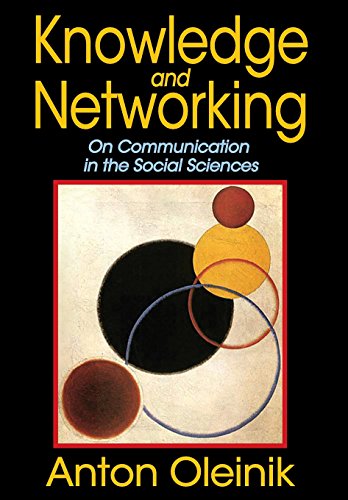

Most ebook files are in PDF format, so you can easily read them using various software such as Foxit Reader or directly on the Google Chrome browser.
Some ebook files are released by publishers in other formats such as .awz, .mobi, .epub, .fb2, etc. You may need to install specific software to read these formats on mobile/PC, such as Calibre.
Please read the tutorial at this link: https://ebookbell.com/faq
We offer FREE conversion to the popular formats you request; however, this may take some time. Therefore, right after payment, please email us, and we will try to provide the service as quickly as possible.
For some exceptional file formats or broken links (if any), please refrain from opening any disputes. Instead, email us first, and we will try to assist within a maximum of 6 hours.
EbookBell Team

5.0
18 reviewsSuccess and career growth in academic life depend upon reaching and influencing the widest audience possible. To do so, scientists strive to develop personalized trust. They do so by establishing a large number of connections through networking and also through the strength of their arguments and the validity and reliability of their research. To secure increasingly rare tenure positions and achieve salary increases, promotions, and recognition, scholars place themselves on a continuum of priorities ranging from total emphasis on networking to complete focus on advancing knowledge, trying to find some middle ground between the two extremes.
Anton Oleinik argues that when scholars prioritize networking, science reproduces features of a "small world," in which personal connections prevail. Who knows whom matters more than who knows what. In this scenario, one’s status derives more from affiliation with a specific group of scholars or a particular university than from contributing to advancing knowledge. Acknowledging that it would be a mistake to consider networking the main source of evils in science, Oleinik instead criticizes the decisions scholars make while struggling to find that middle ground between networking and advancing knowledge, and managing conflicts between these priorities.
The fierce competition for increasingly scarce research funds, and the difficulty of finding jobs in academia underlines the growing importance of the choices made by an academic. Though Oleinik focuses particularly on the social sciences, his ideas are just as relevant to other disciplinary areas.